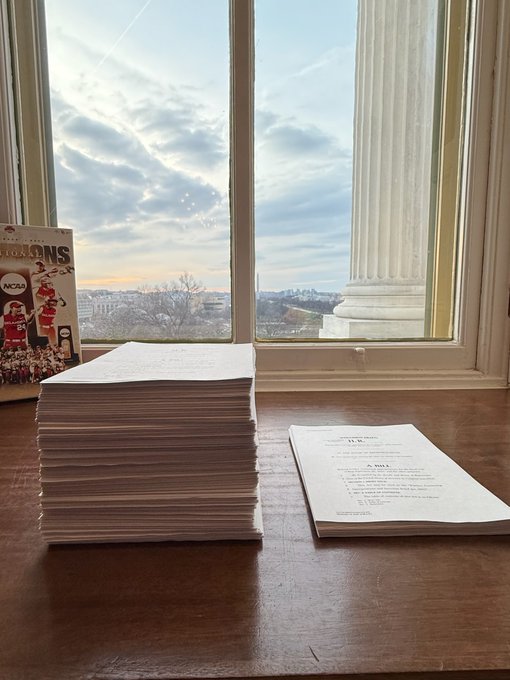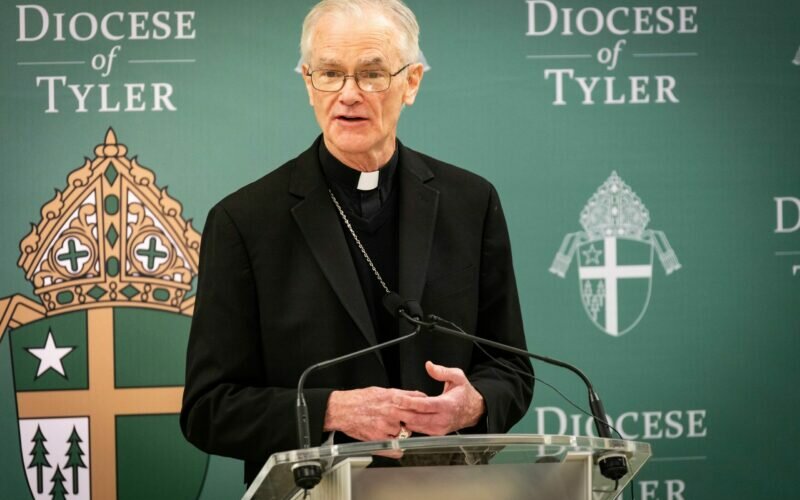Rev. James V. Schall: On the 51st Psalm

Bishop Schneider’s To-Do List to Renew Church in Wake of Viganò Revelations
August 28, 2018
Good Priests and Bishops Must Speak Out Now
August 28, 2018
By James V. Schall, S.J., The Catholic Thing, August 28, 2018
Note: Be sure to tune in to EWTN on Thursday evening (8:00 PM EST) for another segment with the Papal Posse on “The World Over.” Ramond Arroyo, Robert Royal, and Father Gerald E. Murray will discuss the remarkable letter of Archbishop Carlo Maria Viganò that charges Pope Francis with participating in the McCarrick coverup. (Check your local listings for the station in your area.)
 In today’s cockeyed world, for reasons obvious to everyone but the morally obtuse (of whom a goodly supply seems available, present company not necessarily excluded), Psalm 51 is worth recalling. The most famous of the four Penitential Psalms, its context is the prayer before the prophet Nathan when David acknowledges his most famous sin. He does not presume that sin is impossible or something he “might” commit in some vague future.
In today’s cockeyed world, for reasons obvious to everyone but the morally obtuse (of whom a goodly supply seems available, present company not necessarily excluded), Psalm 51 is worth recalling. The most famous of the four Penitential Psalms, its context is the prayer before the prophet Nathan when David acknowledges his most famous sin. He does not presume that sin is impossible or something he “might” commit in some vague future.
The prayer begins in the past tense, with the fact that we have sinned. The issue is practical, not theoretical. It asks: “Where do we go from here?” When it comes to sinning, we do not rewrite history. We make it. The only way out of our disordered condition is through God’s mercy. David wants his guilt to be “thoroughly” washed away.
Like Augustine, David is quite open: “I acknowledge my offense.” Of course, most palace folks already knew about it. But his personal acknowledgment takes the crucial first step. Even if the sinner is shown mercy, his sin constantly remains “before” him, not easy to forget. Then he adds something surprising. “Against You only have I sinned.” Did not David sin against the man he had killed to cover his tracks? Why God?
In Plato’s Phaedo, in Tartarus, for a sin to be removed, the one who is murdered must forgive the one who kills him. In revelation, we are also to forgive those who “trespass” against us. But that is not the whole story. All sins, indeed, are against someone whom God loves and brought into being. We have “done evil” in God’s sight is the way the Psalmist puts it.
Sinning in God’s sight means that, ultimately, we can find no hiding places. Every instant of our lives is significant because, within it, we can “do evil” in God’s sight. An essential element of what we mean by human dignity is found here. The Psalmist points out that since this sin is against God, it justifies the “sentence” that vindicates the Lord’s judgment of “condemnation,” should it prove necessary.
The Psalmist continues: “In guilt I was born.” This passage does not mean that little kids are somehow not “innocent,” as the Lord called them. But it does mean that all are born in the consequences of a disorder, something we now call “original sin.” We must recognize that the worst can happen, and by our own choosing. Indeed, by our own choosing is the only way that any sin can happen.
The situation is not hopeless, even if “in sin my mother conceived me.” This blunt statement is not intended to cast aspersions on our good mothers. It does prepare us for the “vale of tears” that surrounds every human life, even if we hold, with St. Paul, that ultimately “death has no dominion.” David says to the Lord: “Behold, you are pleased with sincerity of heart, and in my inmost being you teach me wisdom.” We are not in this situation by ourselves. Wisdom overshadows sin, but does not deny its reality.
“Cleanse my sin with hyssop that I may be purified; wash me, and I shall be whiter than snow.” The darkness of a sinful life remains surrounded by the cleanness of newly fallen snow. Sin does not have the final word unless we choose it to be so. God does not make us what we do not want to be. Indeed, He can’t. He cannot make us free and then turn around and force us to do what is not sinful. That is not the name of the game.
What does the sinner long to hear? “Let me hear the sounds of joy and gladness. . . .Turn away your face from my sins, and blot out all my guilt.” For the great sinner, this is a big order. David wants to hear those ultimate sounds of joy and gladness even if he knows that he has violated the condition of their being deserved by and given to him. He even wants any “guilt” simply blotted out.
Indeed, he promises, with this forgiveness, “to teach transgressors your ways.” He obviously has a new grip in wisdom given to him by his guilt and forgiveness. Sometimes, the people best able understand sinners are other sinners who have lived long enough in their sins to know that sin is no joke.
Forgiveness is a necessity to return to normal life. But it is not a good piece of advice to go out and pecca fortiter, as Luther once phrased it. Over all of human life hangs the shadow of “Ye know not the day or the hour.”
The last lines from this Psalm that I will cite here are these: “A clean heart create in me, O God; and a steadfast spirit renew within me.” Buck up! Your redemption can be at hand.
________________________
*Image: King David Playing the Harp by Gerard van Honthorst, 1622 [Centraal Museum, Utrecht, Netherlands]




